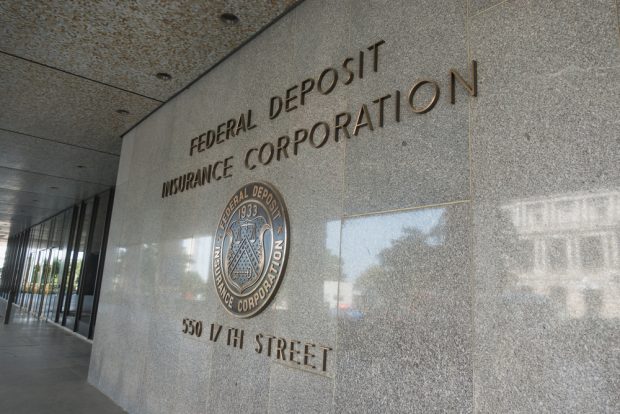Members of the $1.8 billion HarborOne Credit Union in Brockton, Mass., have approved converting its 96-year-old credit union into a mutual co-operative bank charter.
“HarborOne members voted to approve the charter change,” James Rice, HarborOne's vice president of marketing, said Monday. “Nearly 62% of voting members cast their ballots in favor of the proposal.”
Also Read:
HarborOne Bank Conversion May Take Months to Complete
Operating as a credit union since 1917, HarborOne has grown to become the largest state-charted credit union in New England. Nevertheless, the longstanding credit union has said its reasons to convert were the flexibility to expand HarborOne's markets and customer base, increase its lending authority, including small business lending, and gain access to additional capital.
HarborOne's 139,078 members were mailed ballots on Feb. 19. Eligible members cast their ballot by postage-paid return mail, placed the confidential ballot envelope in a lockbox at one of the CU's fourteen branches, or voted in person during a special meeting March 11.
HarborOne's President/CEO James Blake has told Boston media that because HarborOne's field of membership is limited to four counties, the credit union has been forced to turn down $70 million in mortgages and other consumer loans from potential members who live outside its market.
But soon after the conversion plan was announced Feb. 16, 2012, and approved by HarborOne's board a month later, it sparked an industry-wide debate and criticism from some credit union leaders.
Steve Bisker in Washington, D.C., disputed HarborOne's reasons for mulling the move, saying HarborOne was at only 20% of its member business lending cap, based on his examination of HarborOne's preliminary online notice filed with regulators.
“The stated 'consequences of conversion' are inaccurate or misleading at best,” Bisker told Credit Union Times in March 2012, pointing to what he said are inconsistencies on HarborOne's stated need for more capital to lend and its prospects for increased membership under a mutual charter.
But industry analysts argued credit union frustration over NCUA assessments coupled with the inability to raise capital and expand business lending to compete with banks apparently helped spur HarborOne CU's proposal to convert to a bank.
“Margins have been pretty thin for awhile now and credit unions see no way to build capital and they don't like paying those assessments while seeing so much uncertainty ahead,” Alan Theriault of Portland, Maine, a conversion specialist, told the Credit Union Times in February. He also said that at least one billion-dollar CU was ready to make the switch and so were a handful of $200-$400 million CUs.
Richard S. Garabedian, a partner at the Luse Gorman Pomerenk & Schick law firm in Washington, D.C., said, “I'd say the corporate crisis and the sense of many credit unions feeling boxed in” by the onslaught of new regulations and tighter NCUA exam restrictions triggers moves like HarborOne.
Except for the $1.4 billion Technology CU of San Jose, Calif. and a few smaller CUs with conversion plans, there has been a lull in activity, but the trend may be about to change, Garabedian said in a Credit Union Times article last February. Nevertheless, members of Technology CU overwhelming rejected to convert their institution to a mutual bank in September. Of the total 18,000 votes cast, 14,000 voted no to the conversion and 4,000 voted in favor of it.
© Touchpoint Markets, All Rights Reserved. Request academic re-use from www.copyright.com. All other uses, submit a request to [email protected]. For more inforrmation visit Asset & Logo Licensing.







